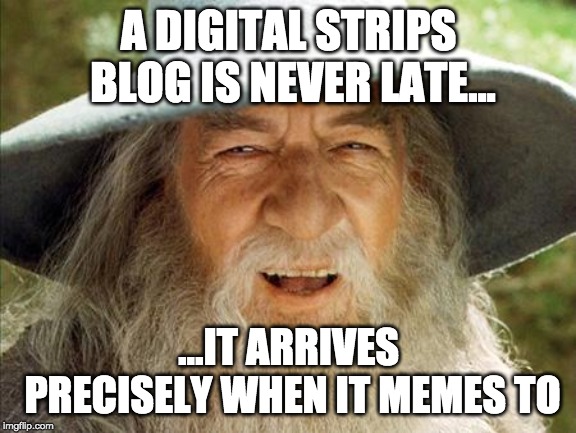If you’ve been following the podcast’s recommendations over the past few years, then odds are you’ve ended up somewhere on Line Webtoon once or twice.
Webtoons offer a great reading experience for webcomics: posting multiple pages for each chapter means you can blitz through really meaty chunks of a comic each update, and the way the posts flow into one another (particularly on mobile devices) leads to a real sense of ‘just-one-more’ishness equalled only by a packet of crisps or free booze at a work Christmas party.
But as you’re scrolling to the bottom, waiting for that little arrow to bump and tick you over into the next strip, you go past the comments. And inevitably, you see some variant of the following:
“Witty comment pertaining to the latest update. (Edit: OMG! This is my first top comment you guys! Thank you, thank you, please remember that [cartoonist] is the real hero here, please like and support their work. Who thought this little thing I dashed off with barely any thought would be so popular haha I love you alllllllllllllll)”
The psychology behind commenting on the internet has been subject to a number of investigations, articles and academic papers over the years – but it seemed to me that this phenomenon was a little different to the standard trolling or ‘First!’ comments that plague other creative platforms like YouTube. So why do people feel the need to edit their comments once the original achieves some popularity? Continue reading →



